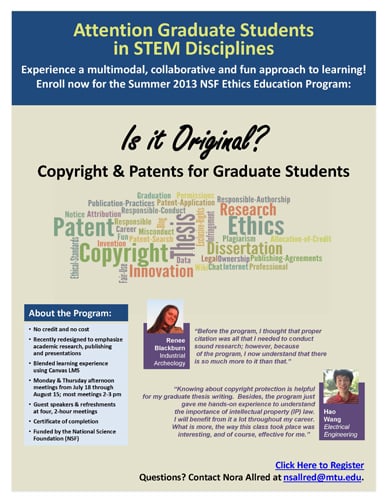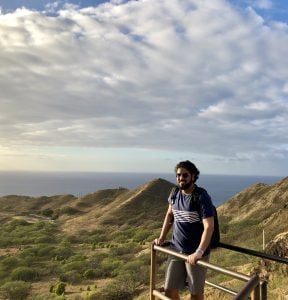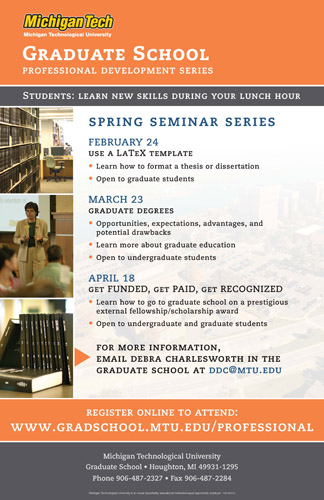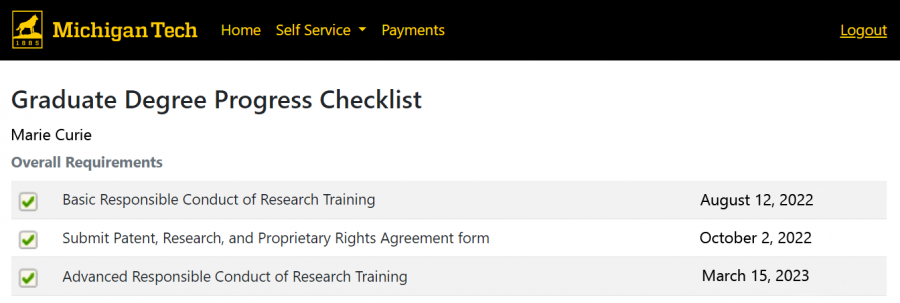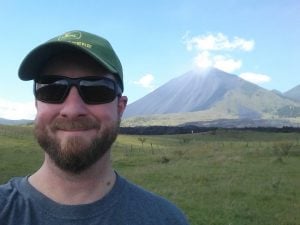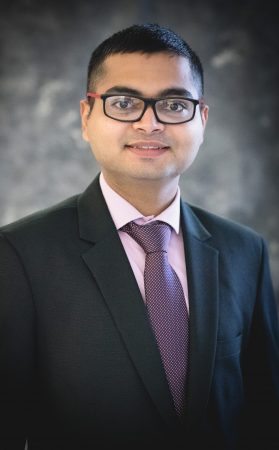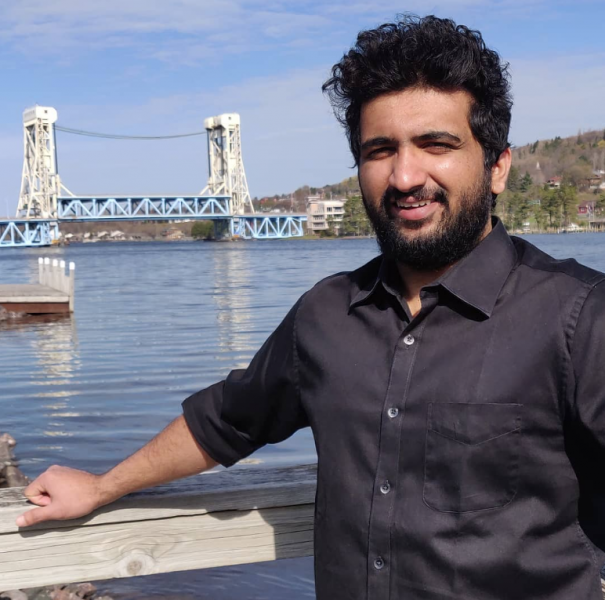The English Language Institute now provides editing services to all members of the campus community with the following options:
- Copy editing (grammar, spelling, punctuation, flow, readability) for when quick turnaround is needed
- Face-to-face editing conferences for long-term writing improvement
- Editing workshops for small groups and research teams, tailor-made for your writing context
Editing services are provided by highly qualified English language instructors with expertise in grammar, writing and language instruction. Service rates are $25 per hour. Requests for editing can be made here.
Request a workshop by emailing eli@mtu.edu (1.5 hours of preparation billed for each hour of workshop).
